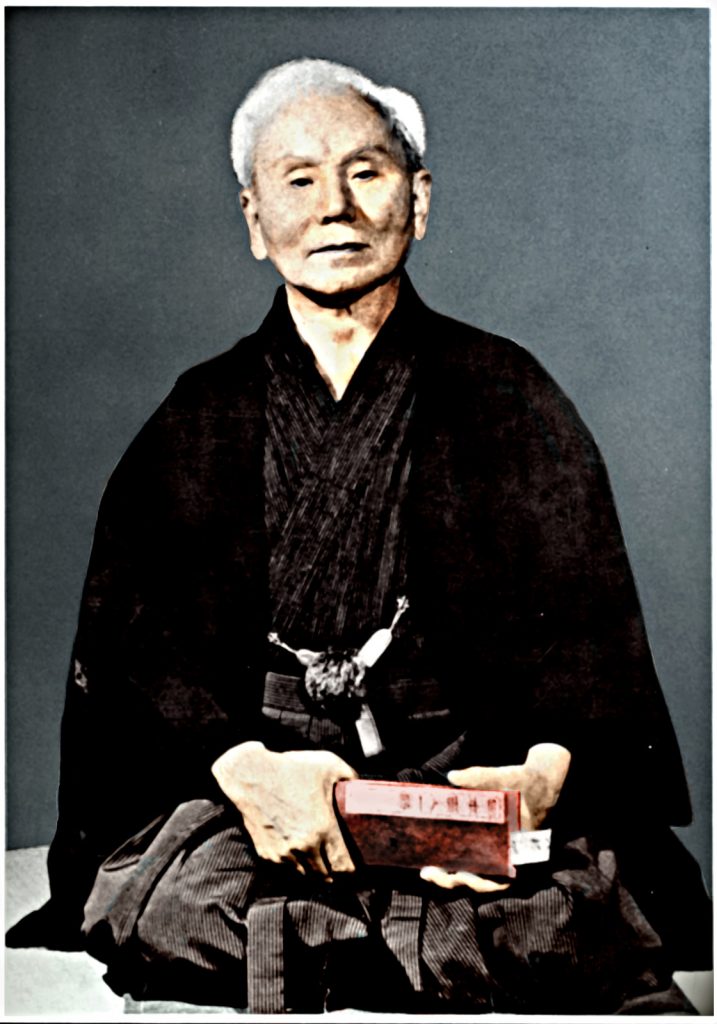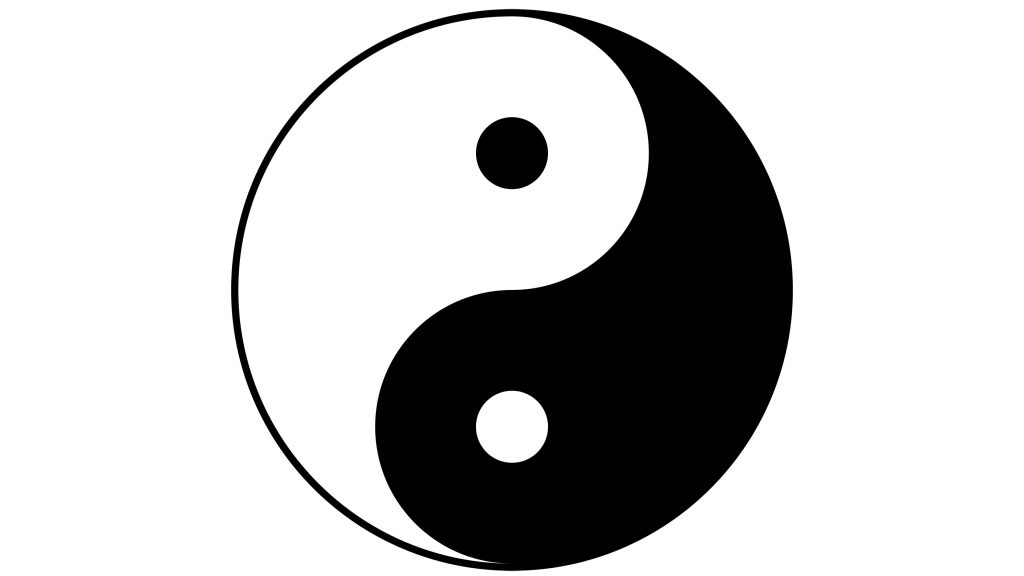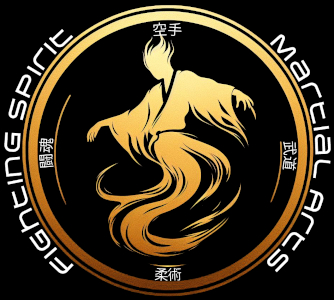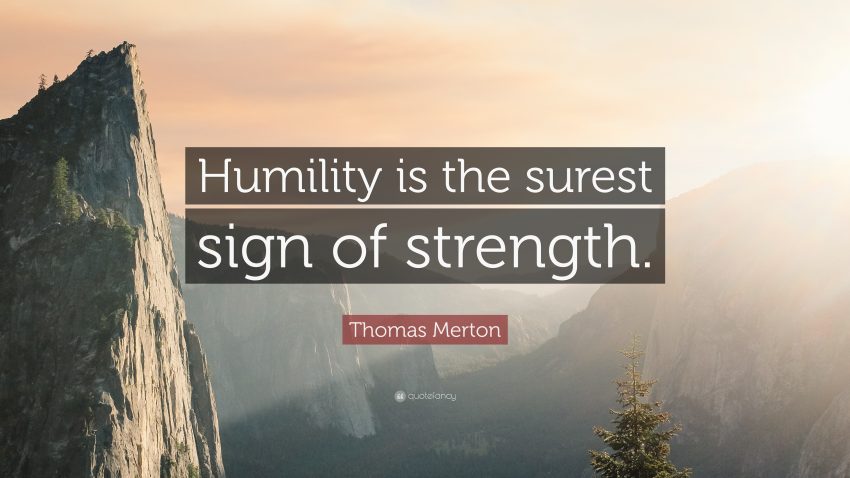Hey there, fellow martial arts enthusiasts! Today, we’re diving into the fascinating world of Karate and exploring how two of its core values, strength and humility, work together to create a well-rounded and effective Karateka. But before we delve into the heart of the matter, let’s start with a quick overview of Karate and its underlying principles.
Karate, originating from Okinawa, Japan, is a martial art that emphasizes striking techniques, such as punches, kicks, knee strikes, and elbow strikes. It’s not just about physical prowess, though; Karate is deeply rooted in a philosophy that promotes self-discipline, respect, and personal growth. The journey of a Karateka (a practitioner of Karate) is one of continuous self-improvement, with the ultimate goal of achieving harmony between the body, mind, and spirit.
Core values play a crucial role in a Karateka’s journey, as they serve as guiding principles that help shape their character and actions both inside and outside the dojo (training hall). These values not only aid in personal development but also contribute to creating a positive and supportive environment for everyone involved in the practice of Karate.
Throughout my early days of learning Karate, and even now, my Sensei’s have consistently emphasized the importance of “Strength and Humility.” They would always say that these two qualities create a formidable martial artist. This phrase resonated with me so deeply that I decided to get it tattooed on my body as a perpetual reminder. Now, as a Black Belt, I’ve come to fully comprehend the meaning behind these words and why my Sensei’s have been advocating for them all along.
In this blog post, we’re going to focus on two complementary values that are essential to becoming a true Karateka: strength and humility. While these may seem like opposites at first glance, you’ll soon discover that they are, in fact, two sides of the same coin. By cultivating both strength and humility, a Karateka can strike a balance that leads to personal growth, increased effectiveness in practice and competition, and a deeper understanding of the true spirit of Karate. So, let’s get started on this exciting journey of self-discovery and enlightenment!
“True strength is not always shown through victory. Stand up, try again and display strength of heart.”
Rickson Gracie, Brazilian Jiu-Jitsu Grandmaster
Understanding Strength – Chikara – 力
The kanji “力” (pronounced “Chikara” or “Riki”) is a Japanese character that represents the concept of “strength,” “power,” or “force.” It is a pictograph that originated from an image of a person’s arm, flexed to show the muscles.
It’s time to delve into the first core value we’re exploring today – strength. When we talk about strength in Karate, we’re referring to more than just the physical aspect. Strength is actually a two-fold concept, encompassing both physical power and mental fortitude. Let’s break it down a bit further:
- Physical strength: This is the raw power and force a Karateka can generate through their strikes and movements. A strong body can execute techniques with greater speed, precision, and effectiveness. Physical strength also contributes to a Karateka’s stamina, balance, and flexibility.
- Mental strength: Equally important as physical strength, mental strength refers to a Karateka’s ability to stay focused, disciplined, and resilient in the face of adversity. It’s about maintaining a strong spirit and a never-give-up attitude, even when faced with setbacks or challenges.
To enhance your physical prowess, it’s important to engage in a combination of strength training, cardiovascular exercises, and flexibility training. Some examples of exercises that can help improve your physical strength include push-ups, squats, planks, and burpees. Additionally, practicing traditional Karate techniques, such as kata (forms), kihon (basic techniques), and kumite (sparring), can help you develop the specific muscle groups and coordination needed for effective Karate movements.
Developing mental strength takes time and consistent practice. Some approaches to consider include setting realistic goals, practicing visualization techniques, embracing a growth mindset, and seeking guidance from experienced mentors. Meditation can also play a significant role in enhancing mental resilience by promoting focus, relaxation, and self-awareness.

Karate masters such as Gichin Funakoshi, Mas Oyama, and Hironori Ōtsuka displayed remarkable strength, both physically and mentally, throughout their lives. These individuals dedicated themselves to the rigorous practice of Karate and became living embodiments of strength and perseverance, inspiring generations of practitioners.
Countless Karatekas around the world demonstrate the power of strength every day. From overcoming injuries and personal challenges to achieving extraordinary feats in competition, these inspiring stories remind us that strength, when harnessed and developed, can help us overcome the toughest obstacles and reach our full potential as martial artists.
So, there you have it! Strength is a vital component of a Karateka’s journey, and by consistently working on developing both physical and mental strength, you’ll be well on your way to becoming a powerful and effective martial artist.
Embracing Humility – Kenkyo – 謙虚
The kanji “謙虚” (pronounced “Kenkyo”) is a Japanese character that represents the concept of “humility” or “modesty.” It is a compound of two individual kanji characters:
- “謙” (Ken) – This character means “humble,” “modest,” or “discreet.” It is a combination of the kanji for “words” or “speech” (言) and the kanji for “to restrain” or “to refrain” (兼). The character conveys the idea of being cautious or restrained in one’s speech or behaviour, reflecting modesty.
- “虚” (Kyo) – This character means “empty,” “void,” or “vacant.” It is a combination of the kanji for “roof” (宀) and the kanji for “child” (子). The character suggests the idea of emptiness or a lack of ego.
Let’s now turn our attention to the other key core value we’re exploring today – humility. Humility might seem like a soft or passive quality, but it’s actually an incredibly important aspect of being a successful Karateka. In the context of Karate, humility encompasses two main elements:
- Respect for oneself and others: Humility is about showing genuine respect and appreciation not only for your own accomplishments and growth but also for the achievements, knowledge, and experiences of others. This includes fellow practitioners, instructors, and even opponents.
- Recognizing one’s own limitations: Being humble means acknowledging that there’s always room for growth and improvement. It involves recognizing and accepting our limitations and weaknesses and using them as opportunities to learn, grow, and become better martial artists.
Regularly taking the time to reflect on your progress, thoughts, and feelings can help you cultivate humility. By being mindful and aware of your thoughts and actions, you’ll be better equipped to identify areas where you can grow and improve.
Engaging in acts of service such as volunteering your time and skills, helping others in the dojo, or participating in community outreach initiatives are all ways to practice humility. Acts of service not only help others but also reinforce the importance of humility in your own journey as a martial artist.

Karate legends, like Gichin Funakoshi and Hironori Otsuka, exemplified humility through their actions and teachings. Despite their incredible accomplishments and expertise, they remained humble and dedicated to the continuous pursuit of self-improvement, always considering themselves as students of the martial arts.
Many Karatekas around the world embody humility in their daily lives, both in and out of the dojo. Stories of practitioners who credit their success to their mentors, show gratitude for their training partners, or gracefully accept defeat in competition remind us that humility is an essential aspect of the Karate journey.
In conclusion, embracing humility is a crucial part of becoming a well-rounded and effective Karateka. By cultivating humility through mindfulness, self-reflection, and acts of service, you’ll not only enhance your own martial arts journey but also contribute to a positive and supportive environment for everyone in the Karate community.
The Synergy between Strength and Humility
Take a deep breath, dear readers, and let us enter a serene state of mind as we explore the beautiful synergy between strength and humility. These two core values, like yin and yang, complement and support each other, creating a harmonious balance essential to the Karateka’s journey.

As we develop strength in our martial arts practice, it is essential to embrace humility as well. Strength and humility have a unique interplay that allows them to balance one another. Strength complements humility by providing a solid foundation, enabling us to remain grounded and respectful even as our abilities grow. On the other hand, humility tempers our strength by preventing arrogance and ensuring that we remain open to learning and self-improvement.
The harmonious balance between strength and humility is a cornerstone of the Karate journey. By nurturing these complementary values, martial artists can overcome obstacles and face challenges with grace, resilience, and determination. This synergy between strength and humility allows us to continually evolve and improve, fostering personal growth and development throughout our martial arts journey.
Focusing on both strength and humility helps us become more skilled, adaptable, and well-rounded in our practice. As we develop physical and mental strength, we gain the capacity to push through challenges and face adversity head-on. However, without humility, this strength could easily morph into arrogance or overconfidence, hindering our progress and personal growth.
On the other hand, humility keeps us grounded and open to learning, reminding us that there is always room for improvement. This willingness to learn and grow allows us to adapt and refine our techniques, ultimately becoming better martial artists. However, humility alone might not provide the necessary drive or resilience to face and overcome difficult challenges. It is the combination of both strength and humility that creates the most powerful and effective martial artist.
By maintaining this delicate balance between strength and humility, we can approach practice and competition with the perfect blend of confidence and respect for our opponents and the art itself. This balance allows us to face each challenge with an open mind and a strong spirit, knowing that we have the power to overcome any obstacle while remaining true to the principles of Karate.
So, dear friends, let us appreciate the powerful synergy between strength and humility as we continue on our Karate journey. By striking the perfect balance between these two core values, we can not only become better martial artists but also create a more peaceful and harmonious world within ourselves and around us.
Putting Strength and Humility into Practice
As we continue our exploration of strength and humility, it’s essential to learn how to integrate these values into our daily lives, both inside and outside the dojo. By embodying these principles, we can create a positive impact not only on our own lives but also on the lives of others and the community as a whole.
- Applying strength and humility in various life situations: Embrace these values when facing challenges or adversity, whether in your personal or professional life. Use your strength to persevere and your humility to remain open to learning and growth. By doing so, you’ll be better equipped to navigate through difficult times and emerge stronger and wiser.
- Spreading the values of Karate beyond the dojo: Share the principles of strength and humility with those around you, whether through conversations, acts of kindness, or mentorship. By spreading these values, you’ll be contributing to a more supportive and compassionate world.
Encouraging the next generation of Karatekas is a crucial part of carrying forward the legacy of Karate and its core values. As practitioners of this martial art, we have a responsibility to be positive role models and foster an environment that nurtures the growth and development of future martial artists.
- Role models exemplifying strength and humility: Inspire others by demonstrating the balance between strength and humility in your own life and practice. Younger Karatekas will look up to you and learn from your actions, so strive to be an embodiment of these values.
- Promoting the values to create a positive impact in the community: Be an active participant in your local Karate community, offering your time and expertise to help nurture and support the growth of young practitioners. Engage in community initiatives and events that promote the values of strength and humility, creating a lasting and positive impact on the lives of others.
By putting strength and humility into practice, we not only enhance our own martial arts journey but also inspire others to embrace these values. In doing so, we contribute to the growth and success of the next generation of Karatekas and foster a sense of unity and harmony within our community.
Conclusion
And so, my friends, we’ve come to the end of our exploration of the core values of strength and humility in the world of Karate. It’s important to remember that as we embark on this journey, we’re not just striving for personal mastery, but also to create a positive impact in our lives and the lives of others.
I want to share a personal note with you all: It can be tough to keep these values in mind, especially when we’re in an environment that pushes us to our limits, be it the world or the dojo. We all have moments where our ego tries to take control and trust me, I’ve been there too. But the mere act of recognizing this tendency can actually help us develop even greater strength and humility than before.
To recap, strength and humility are vital components of the Karateka’s journey, and finding the right balance between them is essential for personal growth and success. These values not only make us better martial artists but also help us become better human beings, positively impacting our relationships and communities.
As we continue to practice and grow, let’s keep these core values at the forefront of our minds. Remember, the journey of a Karateka is an ongoing one, marked by constant learning, self-improvement, and reflection. Embrace the synergy between strength and humility, and let it guide you toward a more fulfilling and meaningful martial arts experience.
May your journey be filled with the wisdom, power, and harmony that come from the perfect balance of strength and humility.

